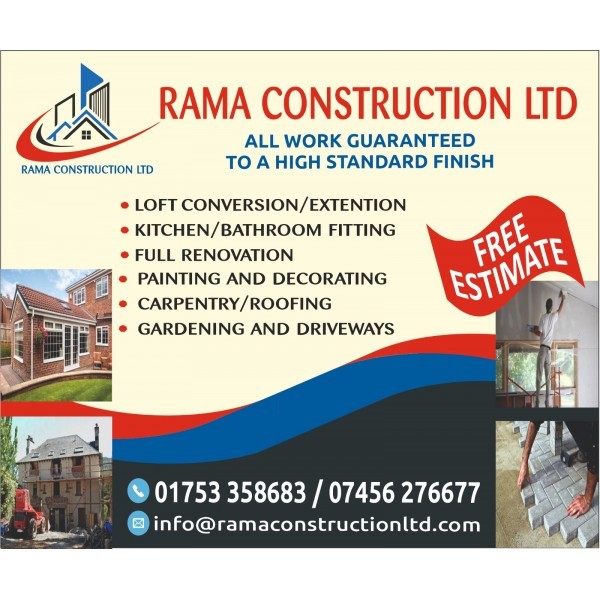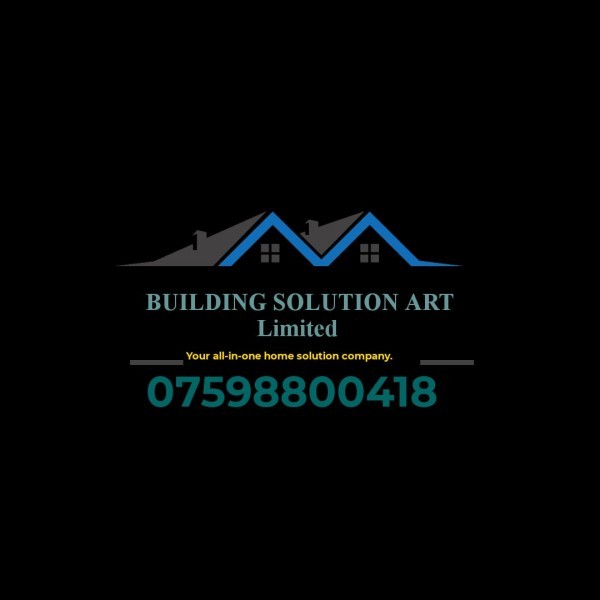Understanding Loft Conversions in Ealing
Loft conversions in Ealing have become a popular choice for homeowners looking to expand their living space without the hassle of moving. This vibrant West London area offers a unique blend of suburban charm and urban convenience, making it an ideal location for families and professionals alike. By transforming an underutilised attic into a functional room, residents can significantly increase their property's value and enjoy additional space for various purposes.
The Benefits of Loft Conversions
Loft conversions offer numerous advantages, making them an attractive option for many homeowners. Firstly, they provide additional living space, which can be used for a variety of purposes, such as a bedroom, office, or playroom. Secondly, they can increase the value of a home, often by more than the cost of the conversion itself. Lastly, loft conversions can enhance the aesthetic appeal of a property, offering a modern and stylish addition to the home.
Types of Loft Conversions
There are several types of loft conversions to consider, each with its own set of benefits and considerations. The most common types include:
- Dormer Loft Conversion: This type involves extending the existing roof to create additional headroom and floor space. It's a popular choice due to its versatility and cost-effectiveness.
- Mansard Loft Conversion: Typically found in urban areas, this conversion involves altering the roof structure to create a flat roof with a steep back wall. It offers maximum space but is more complex and costly.
- Hip to Gable Loft Conversion: Ideal for semi-detached or detached homes, this conversion involves straightening an inwardly slanted end roof to create a vertical wall, thus increasing space.
- Velux Loft Conversion: The simplest and most cost-effective option, this conversion involves installing roof windows to bring in natural light without altering the roof structure.
Planning Permission and Building Regulations
Before embarking on a loft conversion in Ealing, it's essential to understand the planning permission and building regulations involved. Generally, loft conversions fall under permitted development rights, meaning they don't require planning permission. However, there are exceptions, particularly for properties in conservation areas or listed buildings. Building regulations, on the other hand, are mandatory and ensure the conversion is safe and structurally sound. These regulations cover aspects such as fire safety, insulation, and structural integrity.
Choosing the Right Loft Conversion Specialist
Selecting a reputable loft conversion specialist is crucial to the success of your project. Look for companies with extensive experience in the Ealing area, as they will be familiar with local regulations and architectural styles. It's also wise to check references and reviews from previous clients to ensure the company delivers quality workmanship and excellent customer service. A good specialist will guide you through the entire process, from design to completion, ensuring a smooth and stress-free experience.
Design Considerations for Loft Conversions
When planning a loft conversion, it's important to consider the design elements that will make the space functional and aesthetically pleasing. Think about the purpose of the room and how it will be used. For instance, a bedroom will require different design features than a home office. Consider factors such as lighting, storage, and access, as well as the overall style and decor. Working with an experienced designer can help you create a space that meets your needs and complements the rest of your home.
Cost of Loft Conversions in Ealing
The cost of a loft conversion in Ealing can vary significantly depending on the type of conversion, the size of the space, and the materials used. On average, you can expect to pay between £30,000 and £60,000 for a standard conversion. However, more complex projects, such as a mansard conversion, can cost upwards of £70,000. It's important to budget for additional expenses, such as planning fees, building regulations, and any unforeseen costs that may arise during the project.
Maximising Space and Light
One of the key benefits of a loft conversion is the opportunity to maximise space and light in your home. To make the most of your new room, consider installing large windows or skylights to bring in natural light. Clever storage solutions, such as built-in wardrobes or shelving, can help you make the most of the available space. Additionally, using light colours and reflective surfaces can create a sense of openness and airiness, making the room feel larger and more inviting.
Common Challenges and Solutions
Loft conversions can present several challenges, but with careful planning and expert guidance, these can be overcome. One common issue is limited headroom, which can be addressed by choosing the right type of conversion or lowering the ceiling of the room below. Another challenge is ensuring adequate insulation and ventilation, which is crucial for maintaining a comfortable temperature and preventing dampness. Working with a skilled contractor can help you navigate these challenges and ensure a successful conversion.
Environmental Considerations
As environmental awareness grows, many homeowners are looking for ways to make their loft conversions more sustainable. Consider using eco-friendly materials, such as recycled insulation or sustainably sourced timber, to reduce your environmental impact. Additionally, installing energy-efficient windows and lighting can help minimise your carbon footprint and reduce energy costs. By incorporating sustainable practices into your loft conversion, you can create a space that is not only beautiful but also environmentally responsible.
Legal and Safety Aspects
Ensuring your loft conversion complies with legal and safety standards is crucial for the success of your project. Building regulations cover a range of safety aspects, including fire safety, structural integrity, and access. It's important to work with a qualified professional who can ensure your conversion meets all necessary requirements. Additionally, consider the impact of your conversion on neighbouring properties and ensure you have the necessary permissions and agreements in place.
Financing Your Loft Conversion
Financing a loft conversion can be a significant investment, but there are several options available to help manage the cost. Many homeowners choose to use savings or take out a home improvement loan to fund their project. Alternatively, remortgaging your property or using a home equity line of credit can provide the necessary funds. It's important to carefully consider your financial situation and choose the option that best suits your needs and budget.
Case Studies of Successful Loft Conversions in Ealing
Looking at case studies of successful loft conversions in Ealing can provide inspiration and insight into what is possible. Many homeowners have transformed their attics into stunning living spaces, ranging from cosy bedrooms to spacious home offices. These case studies highlight the creativity and innovation that can be achieved with a well-planned conversion, as well as the potential increase in property value.
Future Trends in Loft Conversions
The future of loft conversions is likely to be influenced by several trends, including advances in technology and a growing focus on sustainability. Smart home technology, such as automated lighting and climate control, can enhance the functionality and comfort of a loft conversion. Additionally, as environmental concerns continue to rise, more homeowners may seek out eco-friendly materials and energy-efficient solutions. Staying informed about these trends can help you create a loft conversion that is both modern and sustainable.
Frequently Asked Questions
- Do I need planning permission for a loft conversion in Ealing? Most loft conversions fall under permitted development rights, but it's important to check with your local council, especially if your property is in a conservation area or is a listed building.
- How long does a loft conversion take? The duration of a loft conversion can vary depending on the complexity of the project, but on average, it takes between 6 to 8 weeks to complete.
- Can I live in my home during the loft conversion? Yes, most homeowners can continue living in their home during the conversion, as the work is typically confined to the attic space.
- Will a loft conversion add value to my home? Yes, a well-executed loft conversion can significantly increase the value of your home, often by more than the cost of the conversion itself.
- What is the best type of loft conversion for my home? The best type of loft conversion depends on your specific needs, budget, and the structure of your home. Consulting with a specialist can help you determine the most suitable option.
- How can I ensure my loft conversion is energy-efficient? Consider using energy-efficient windows, insulation, and lighting, as well as incorporating sustainable materials into your design.























